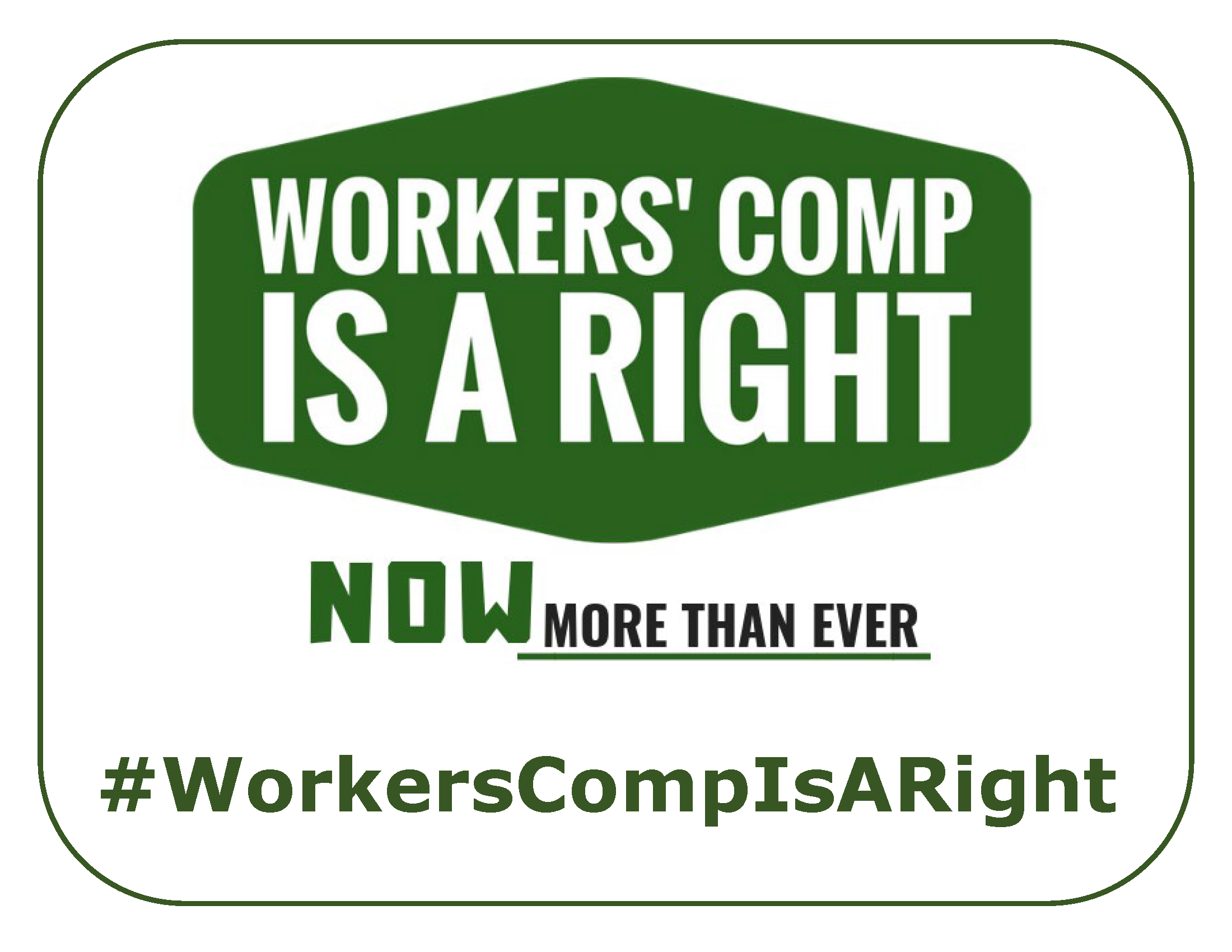Constitutionality of WCB/WSIB/WorkSafe Laws
Plesner v. British Columbia Hydro and Power Authority - Postive Case
Decision issued by the BC Supreme Court - Judicial Review & Appeal
Other Charter Cases Across Canada - Case
The Constitution, in most Common law countries, has a "Supremacy Clause". This simply means that the constitution is the supreme law of the land. Therefore, any law that is in conflict can be ruled by a court as to have no force or effect.
For example in the Canadian Constitution under section 52 it states:
The Constitution of Canada is the supreme law of Canada, and any law that is inconsistent with the provisions of the Constitution is, to the extent of the inconsistency, of no force or effect.
Now, like in contracts, the fine print means everything!
This means that in two situations, at least in Canada, in dealing with the Charter of Rights & Freedoms, the right can be infringed or violated.
The first situation that this can happen, is by a Court when invoking section 1, of the Charter of Rights & Freedoms where it states:
“The Canadian Charter of Rights and Freedoms guarantees the rights and freedoms set out in it subject only to such reasonable limits prescribed by law as can be demonstrably justified in a free and democratic society”.
So, for example, you file a Charter challenge of a law or action of the government and/or its officer. You alleged that the government law or action/inaction violates your section 7, Charter Rights being security of your person. You meet the criteria for establishing an infringement under section seven.
Then what happens, is that the issue now shifts to the Government who must prove the infringement, which was proven by you is “justified in a free and democratic society”. If the court agrees with the government, then your right is infringed, in that case. As you will learn this is common for injured worker rights.
The second situation is when a Provincial government and/or Parliament of Canada involves invoking section 33 of the Charter. However, there is a limitation period of five years and then they must re-invoke it. This only applies to certain sections of the Charter as you will see below.
Parliament or the legislature of a province may expressly declare in an Act of Parliament or of the legislature, as the case may be, that the Act or a provision thereof shall operate notwithstanding a provision included in section 2 or sections 7 to 15 of this Charter.
Probably one of the MOST important laws in Canada or any country a person can know is the highest law, which is their Constitution. Ironically most do not, well accept Americans – they know theirs by heart.
Plesner v. British Columbia Hydro and Power Authority
Decision of the BC Supreme Court: Plesner v. BC Hydro and Power Authority et al, 2006 BCSC 1947
Deals with Judicial Review and a Charter Challenge of a law.
the judge found that the tribunal's decision was not reasonable and as such ordered the matter be sent back to the Tribunal, to be heard.
The jduge refused to hear the Charter Challenge arguement.
BC Court of Appeal Decision:
Plesner v. British Columbia Hydro and Power Authority, 2009 BCCA
Deals with striking a WCB law by a Provincial Appeals Court
Plesner had filed an appeal to the Tribunal. It was denied. He then filed Judicial Review and challenged the constitutionality of the section of the WCB law. The Judge refused to deal with the constitutional matter. As a result Plesener appealed to the BC Appeals Court. In their decision they ruled a section of the BC WCB law as unconstitutional - of no force or effect.
Click Here to Return to Top of Page
Other Charter Cases Across Canada
I have many other Charter cases where injured workers across Canada have challenged the constitutionality of the workers compensation law banning injured workers from suing their employers, for their work injuries. Most argued section seven security of person and section 15 right to equality.
Sadly, in every case, the Court invoked section 1, of the Charter. The Court explained that an infringement of an injured worker’s work right under s. 7 and/or 15 was justified in a free and democratic society as, in place of being able to sue their employers the injured workers, get speedy determination and payment of their benefits.
I will post these cases when I get a chance soon.
Now do not yell at me! I did not make this up, it was the courts!
I am challenging the legitimacy of the court’s justification, right now at the Supreme Court of Canada in my case of Paul Taylor v. Workplace Safety & Insurance Board, et al.. Unfortunately, like my other application for leave to appeal, it will likely get dismissed, as the Supreme Court of Canada holds very little interest in the plight of injured workers in Canada!
Click Here to Return to Top of Page
